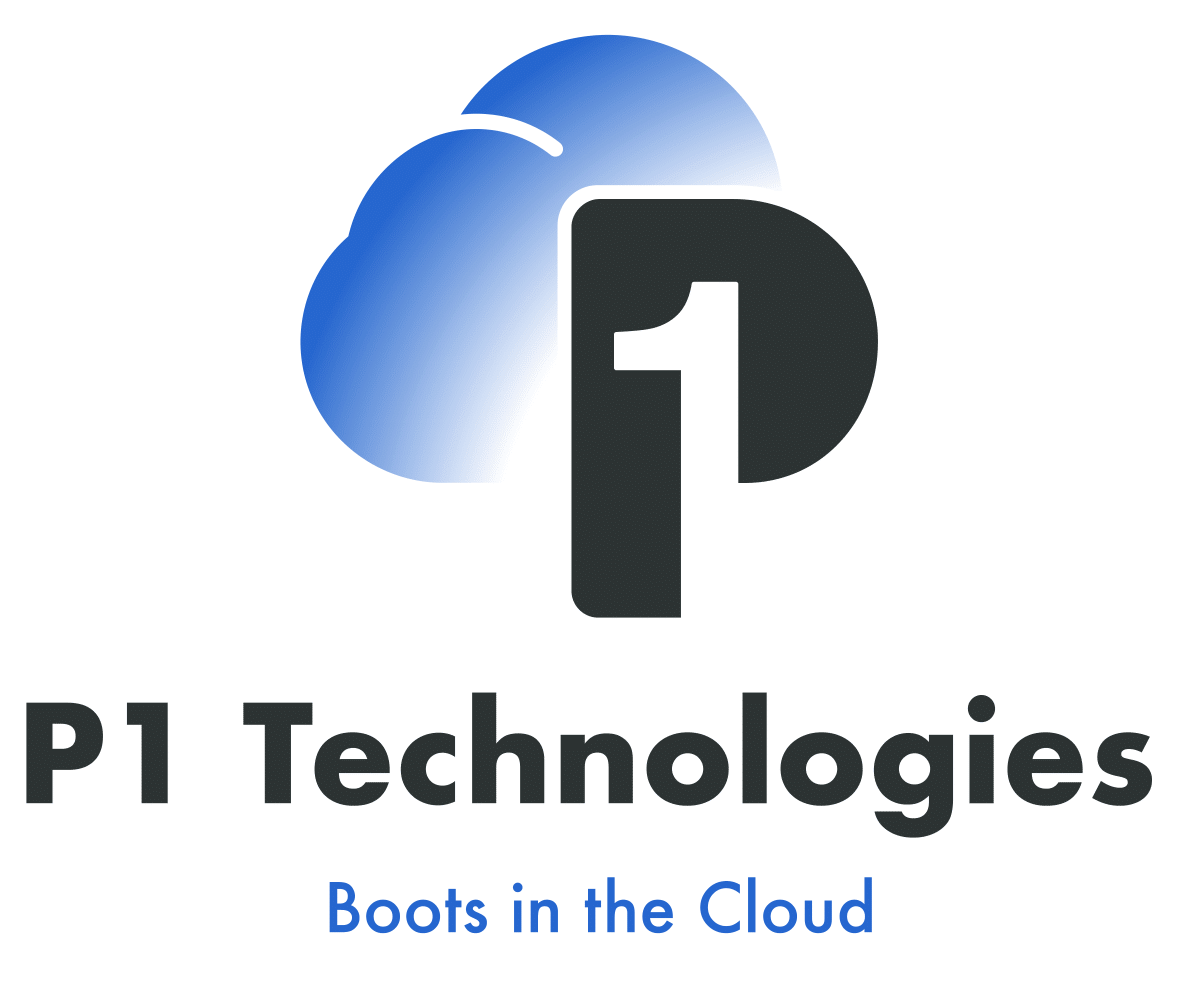
Aaron Cardenas (CEO) founded P1 Technologies in 2010 with a single guiding principle to build an organization prioritizing its clients over everything else. It sounds simple and obvious, but most partner with manufacturers and ISVs first. To truly put your clients first, you have to be technology agnostic. Aaron recognized this early on and has held to this principle since.
Jeff DiNisco (CTO) joined P1 shortly after and started to build out the Engineering team. He, too, had a single guiding principle: attract engineers with deep knowledge and experience in the technology, not just the products and platforms, that mattered most to P1’s customers. Ultimately, the P1 Engineering team became what P1 would sell. Sure, we sell hardware and software, but our customers choose to work with us because of the solutions our engineers design and build.
What Aaron and Jeff wanted for everyone who worked at P1, and for themselves, was a great place to work. Our culture is the cornerstone of our success. It’s not just about what we do; it’s about who we work with, day in and day out. Every single member of P1 operates with the utmost integrity and cares deeply about our customers and each other.
